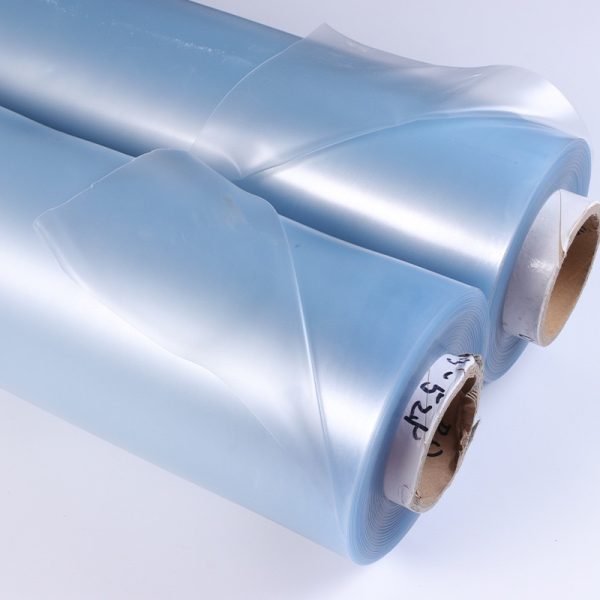
In the field of plastics processing, calcium carbonate is an important filler and is widely used in the modification of resins such as polyvinyl chloride (PVC). What are the specific applications of calcium carbonate in the PVC calendering process and its impact on product performance?
Calcium carbonate plays a key role in increasing volume and reducing costs in PVC calendered products. However, as its filling ratio increases, the mechanical properties of the product will gradually weaken. Experimental data clearly show that an increase in the amount of calcium carbonate added will lead to a downward trend in the tensile strength and elongation at break of the PVC film. It is worth noting that due to its unique crystal structure and surface effect, nano-calcium carbonate has a relatively small effect on the strength of the product. Therefore, in application scenarios that pursue high mechanical properties, nano-calcium carbonate becomes the preferred material. Mechanical experiments based on SG-5 PVC resin further confirmed this: the increase in the amount of calcium carbonate added is accompanied by a decrease in tensile strength and elongation at break, but the effect of nano-calcium carbonate is the slightest.
Given the propensity for light calcium carbonate and nano-calcium carbonate to undergo secondary agglomeration, surface treatment is essential for improving their dispersibility and compatibility.
Surface modifiers are primarily classified into organic and inorganic compounds, and can be applied via dry or wet processes.
Coupling agents can create a unique “molecular bridge” between calcium carbonate and PVC, enhancing interfacial adhesion and thereby improving the tensile strength, elongation, and processing flowability of finished products. Titanates, aluminates, and organosilanes are commonly used coupling agents.
Fatty acids and their salts can form a monomolecular active layer on the surface of calcium carbonate, effectively preventing agglomeration and improving dispersibility.
Surface-treated calcium carbonate can significantly improve its compatibility with PVC, reduce product defects, and enhance overall performance.
Calcium carbonate plays a vital role in the PVC calendering process. Factors such as calcium carbonate type selection, dosage control, surface treatment, and feed sequence directly impact the performance of the final product. Through scientific and rational application and management, we can produce PVC calendered products with higher performance and improved cost-effectiveness.
ALPA Powder is professional in the calcium carbonate ultrafine powder production line industry. If you have any needs for raw material front-end production lines, please contact us. We have been focusing on the ultrafine powder production line industry for more than 20 years.
